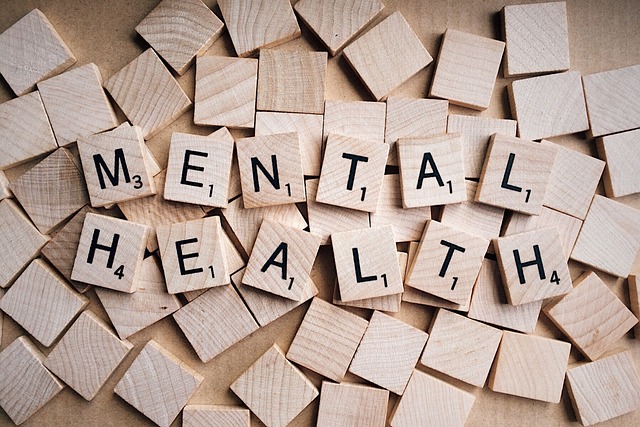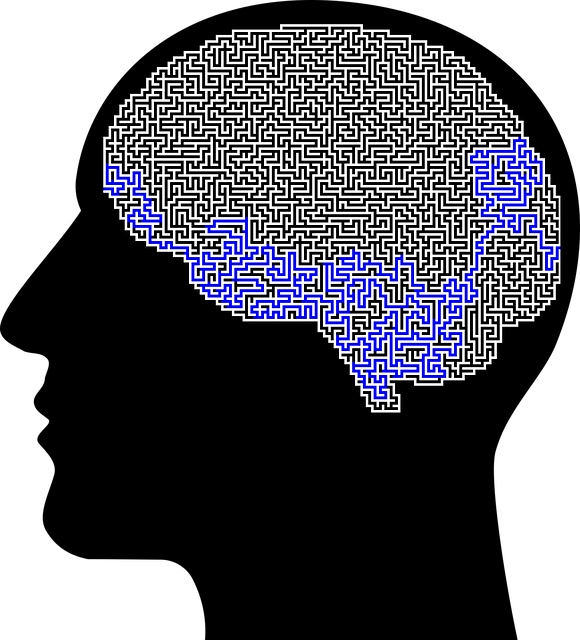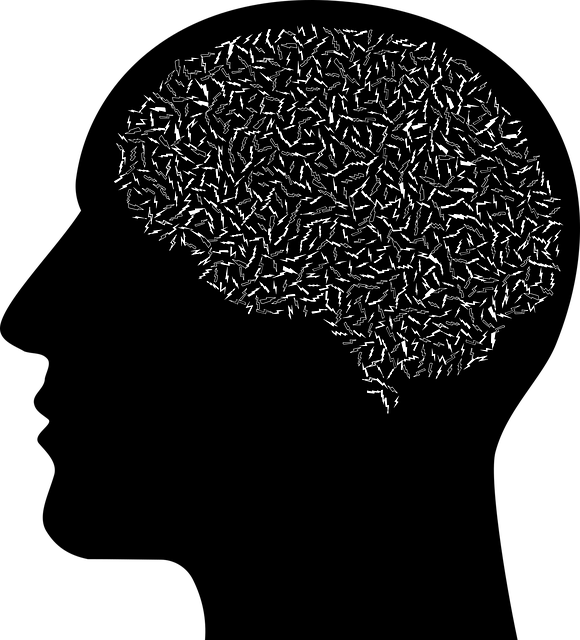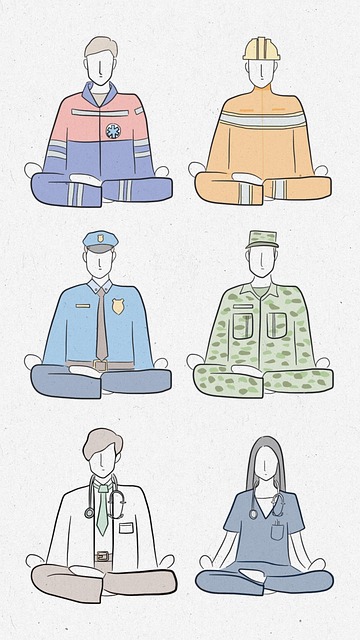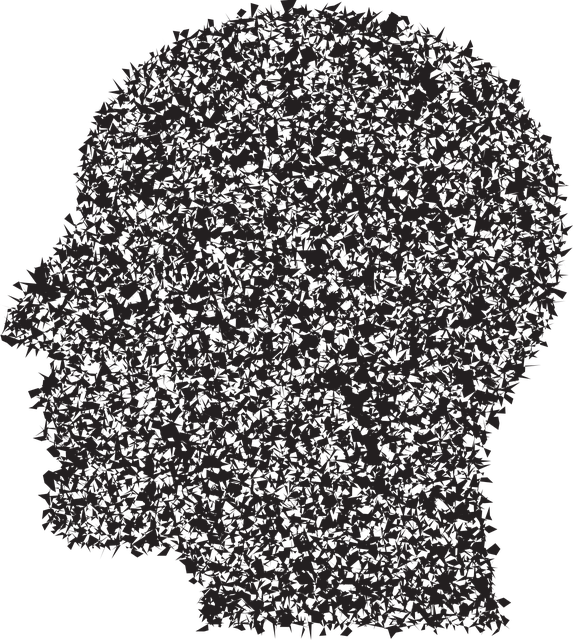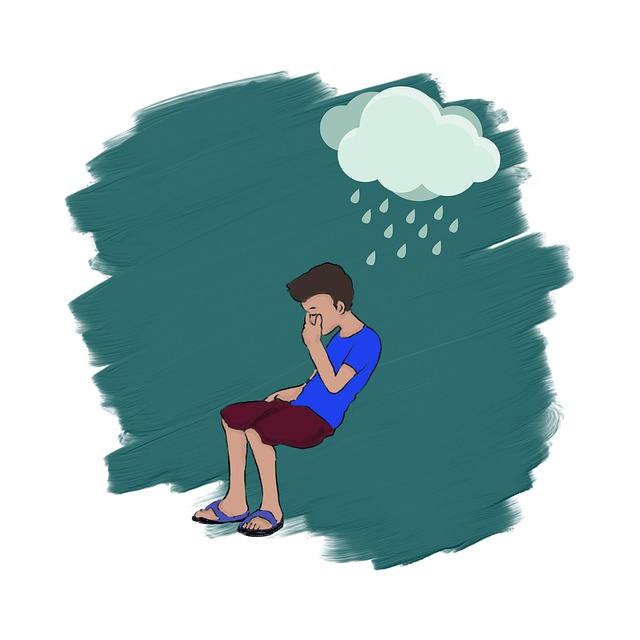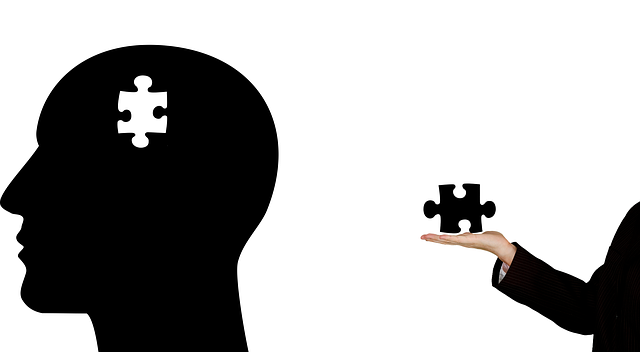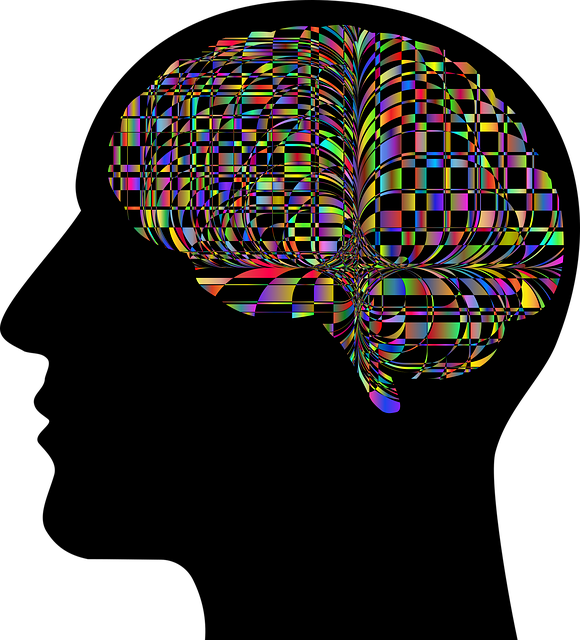Adult male mental health is a critical issue often overlooked due to societal pressures and gender norms that discourage emotional expression. To address this, it's essential to challenge stereotypes, promote open conversations, and destigmatize mental health concerns among men. Public awareness campaigns, self-care practices, and specialized therapy like CBT and mindfulness interventions can encourage emotional well-being and provide accessible resources, fostering inner strength and anxiety relief. Tailored therapy approaches, building resilience through workshops, and modern solutions like online platforms and support groups are crucial for addressing adult men's specific mental health needs.
Mental wellness promotion among adult men is a pressing issue, as they often face unique challenges in expressing emotions and seeking help. This article delves into understanding the mental health struggles specific to adult men, while debunking stigma to normalize conversations around their well-being. It explores various therapy approaches tailored for male individuals, emphasizes building resilience, and highlights support networks and resources available. By addressing these aspects, we aim to empower men to take charge of their mental health through effective strategies and accessible solutions, including relevant therapy for adults men’s issues.
- Understanding Adult Men's Mental Health Challenges
- Debunking Stigma: Normalizing Conversations Around Men's Mental Wellness
- Different Therapy Approaches for Male Individuals
- Building Resilience and Coping Strategies
- Support Networks and Resources for Men Seeking Help
Understanding Adult Men's Mental Health Challenges

Adult men often face unique mental health challenges that can go unnoticed or unaddressed due to societal expectations and gender stereotypes. Traditional masculinity norms encourage emotional repression, discouraging open discussions about feelings and seeking help for mental struggles. This can lead to a growing mental health crisis among men, with anxiety and depression being prevalent issues. Many adult males might find it challenging to recognize their emotional states, leading to delayed access to therapy or support services tailored for their specific needs.
Promoting mental wellness for adult men requires efforts that go beyond conventional approaches. It involves challenging stereotypes and encouraging open conversations about male psychology. Public awareness campaigns can play a pivotal role in destigmatizing mental health issues among this demographic. By highlighting the importance of emotional well-being and offering accessible resources, such as therapy services designed for men’s issues, we can foster inner strength development and provide much-needed anxiety relief.
Debunking Stigma: Normalizing Conversations Around Men's Mental Wellness

In today’s world, it’s crucial to break down barriers and normalize conversations around men’s mental wellness. Historically, discussing emotional well-being has been stigmatized for males, often leading to unspoken struggles and delayed access to much-needed therapy for adults. This societal norm is changing as folks recognize the importance of open dialogue. By debunking stigma, we encourage men to view seeking help as a sign of strength rather than weakness.
Normalizing conversations about mental health in male communities involves various strategies, from self-care practices to healthcare provider cultural competency training. Promoting emotional well-being requires a collective effort to educate and support men in their journey towards healing. Encouraging open discussions can lead to earlier interventions, improved outcomes, and a more holistic approach to addressing adult mens issues, ensuring they receive the therapy they deserve.
Different Therapy Approaches for Male Individuals

Promoting mental wellness among males often involves tailored therapy approaches that address unique challenges and societal expectations they face. Traditional talk therapy, such as cognitive-behavioural therapy (CBT), has proven effective in helping men manage mood disorders like depression and anxiety. CBT equips individuals with coping strategies by identifying and changing negative thought patterns and behaviours.
Additionally, more specialized therapies are gaining traction for adults with male-specific issues. These include mindfulness-based interventions, which foster present-moment awareness and emotional regulation, thereby aiding in stress reduction and burnout prevention. Group therapy sessions centered around male experiences can also be powerful, offering peer support and a safe space to discuss challenges related to work pressure, relationships, and societal expectations, ultimately enhancing mental health education programs design.
Building Resilience and Coping Strategies

Building resilience is a key aspect of promoting mental wellness, especially for adults dealing with men’s issues. It involves equipping individuals with the skills to navigate challenges and bounce back from setbacks. Through therapy, whether it’s individual or part of a support group, adults can learn coping strategies tailored to their specific struggles. This might include stress management techniques, emotional regulation tools, and healthy ways to process trauma or anxiety. Many organizations now offer workshops focused on these areas, helping people develop mental toughness and adaptability.
Resilience is not about avoiding difficulties; instead, it empowers individuals to face them head-on. By fostering a growth mindset and practicing self-care, adults can enhance their resilience. Additionally, advocating for evidence-based mental health policies and engaging in analysis of current practices can contribute to society’s overall approach to burnout prevention and stress management on a larger scale.
Support Networks and Resources for Men Seeking Help

For men struggling with their mental health, finding the right support network and resources can be transformative. Many men often face societal pressures to conceal their emotions and seek help, making it essential for them to access tailored services that address unique challenges they may encounter. One effective approach is engaging in therapy specifically designed for adult men’s issues, providing a safe space to explore emotional regulation techniques and foster self-care practices.
Support groups led by professionals or peer mentors can also be immensely helpful, offering a sense of camaraderie while navigating the emotional healing processes. Online platforms and mobile apps dedicated to mental wellness further bridge the gap, ensuring discreet access to resources, therapy sessions, and self-help tools. These modern solutions are crucial in breaking down barriers, encouraging men to prioritize their emotional well-being, and ultimately fostering healthier minds.
Mental wellness promotion for adult men involves addressing unique challenges, debunking stigma, and providing accessible resources. By understanding specific issues like stress, anxiety, and depression, we can normalize conversations around men’s mental health. Different therapy approaches, such as cognitive-behavioral therapy (CBT) and mindfulness practices, offer effective solutions tailored to male individuals. Building resilience through coping strategies empowers men to navigate life’s challenges. Leveraging support networks, including peer groups and professional resources, ensures that adult men have the necessary tools to seek help and prioritize their mental wellness.
